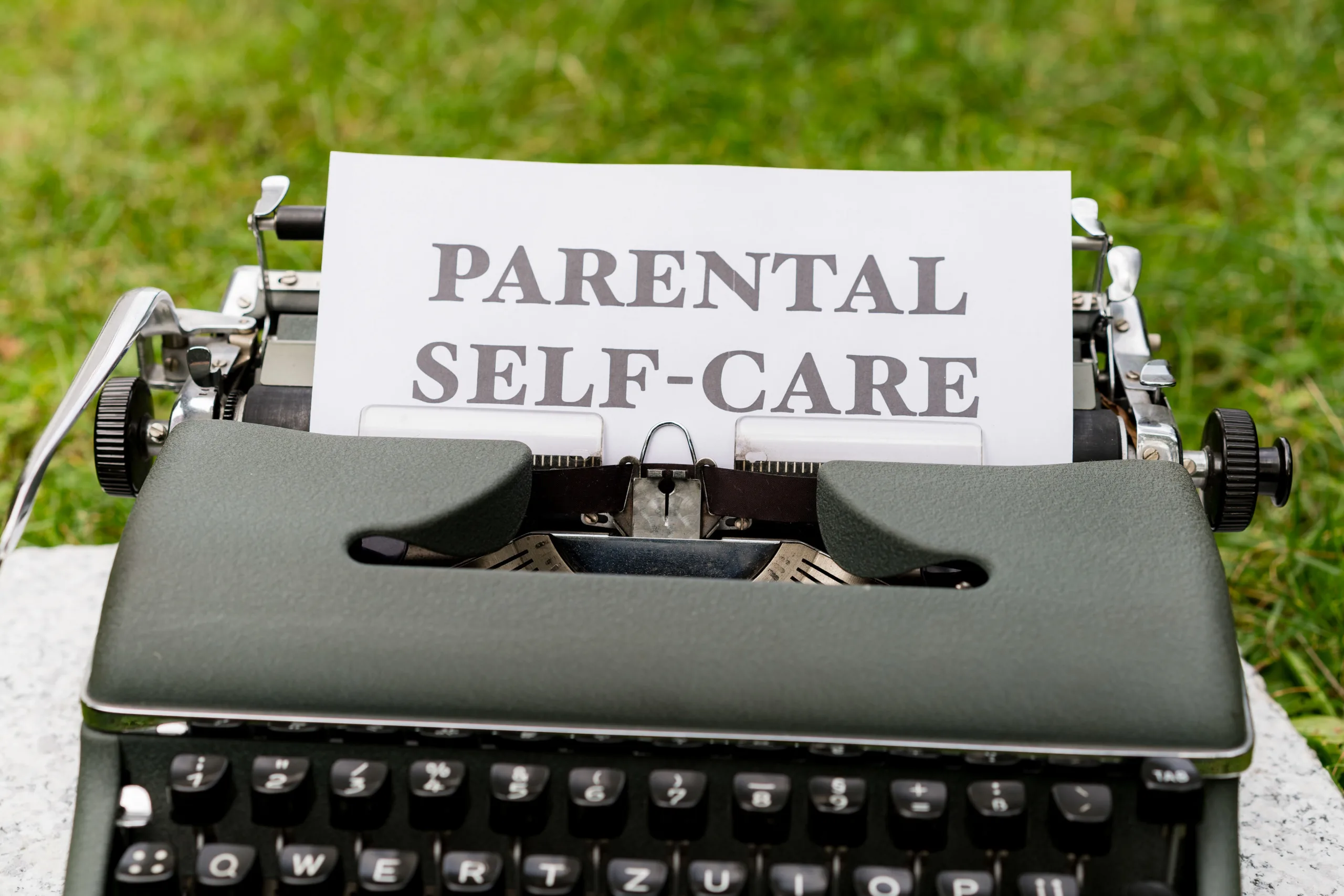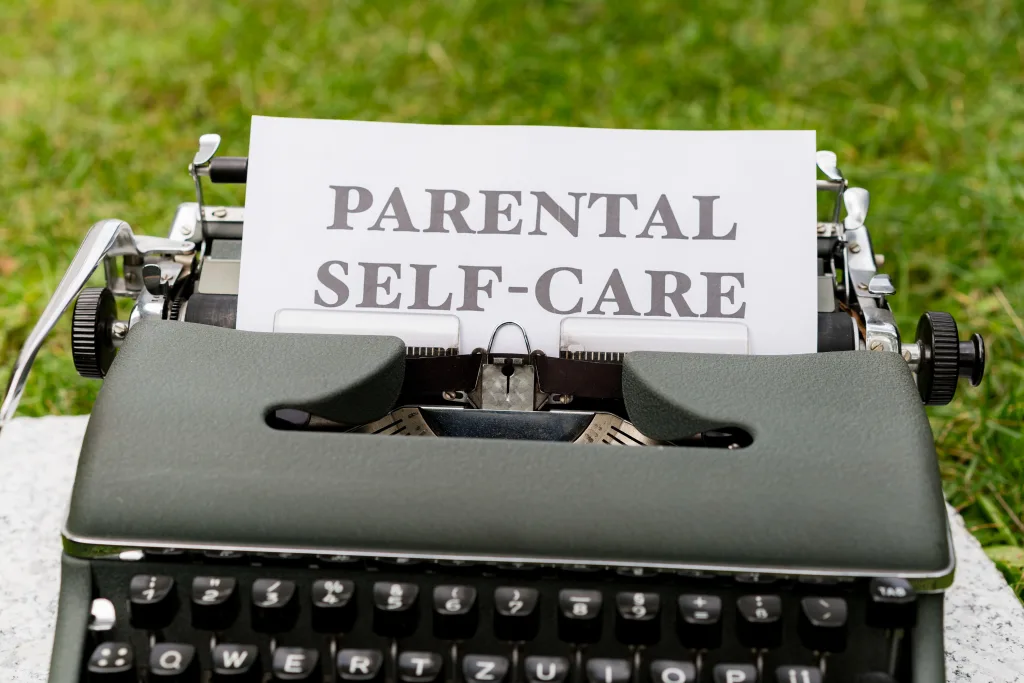Self-improvement
The Role of Resilience Factors in Influencing Well-being
Discover the crucial role that resilience factors and emotional intelligence play in shaping well-being. Learn how to bounce back from setbacks, navigate challenging emotions, and build healthier relationships for a happier, more fulfilling life.

In today’s fast-paced world, it’s no secret that our well-being can sometimes be put to the test. However, understanding the crucial role that emotional intelligence and resilience factors play in influencing our overall sense of well-being is key to thriving in the face of adversity. By cultivating emotional intelligence, we empower ourselves with the ability to navigate through challenging emotions and build healthier relationships. Additionally, developing resilience factors allows us to bounce back from setbacks and view them as opportunities for growth rather than as roadblocks. Together, these two factors intertwine to shape our well-being, enabling us to lead happier, more fulfilling lives.
The Role of Resilience Factors in Influencing Well-being
Life is full of ups and downs, and it’s important to possess the ability to bounce back from adversity. Resilience is the key to navigating through life’s challenges and maintaining a sense of well-being. In this article, we will explore the various components and forms of resilience, as well as its relationship with well-being. Additionally, we will delve into the crucial role that emotional intelligence plays in building resilience and enhancing overall well-being. By understanding and cultivating these resilience factors, you can lead a more fulfilling and balanced life.
Understanding Resilience
Resilience is often described as the ability to adapt and recover from adversity, stress, or trauma. It is not a fixed trait, but rather a set of skills and qualities that can be developed. Resilience allows individuals to bounce back from setbacks, withstand life’s challenges, and maintain a positive outlook. Regardless of personal circumstances or external events, resilience empowers individuals to thrive, grow, and achieve their goals.
Components of Resilience
Resilience encompasses various components that collectively contribute to an individual’s ability to cope with adversity. These components include psychological resilience, physical resilience, and social resilience. Each of these factors plays a unique role in shaping an individual’s overall well-being.
Psychological Resilience
Psychological resilience refers to one’s ability to maintain mental and emotional stability when faced with stressful situations. It involves having a positive mindset, a strong sense of self-belief, and the ability to regulate emotions effectively. Individuals with high psychological resilience are more likely to view challenges as opportunities for personal growth, rather than insurmountable obstacles.
Physical Resilience
Physical resilience relates to one’s ability to withstand and recover from physical challenges or setbacks. This includes maintaining good physical health, having a strong immune system, and engaging in regular exercise and healthy lifestyle practices. Physical resilience not only contributes to overall well-being but also promotes mental resilience and enhances the body’s ability to cope with stress.
Social Resilience
Social resilience refers to the quality of an individual’s social connections, support networks, and the ability to nurtura strong social support system. It involves having healthy relationships, effective communication skills, and a sense of belonging within a community. Social resilience provides individuals with a network of support during difficult times, promotes a sense of belonging, and fosters a sense of purpose and meaning in life.

This image is property of images.pexels.com.
The Relationship Between Resilience and Well-being
Resilience and well-being share a reciprocal and interconnected relationship. When individuals possess high levels of resilience, they are better equipped to manage stressors and maintain a sense of well-being. On the other hand, individuals with low resilience may be more susceptible to experiencing negative emotions, mental health issues, and physical health problems.
Resilience as a Protective Factor
Resilience serves as a protective factor against the negative impact of stress and adversity. It acts as a shield that buffers individuals from the harmful effects of life’s challenges. By developing and enhancing resilience, individuals can build their capacity to withstand and bounce back from difficult situations, reducing the likelihood of experiencing long-term negative consequences on their well-being.

This image is property of images.pexels.com.
Resilience and Stress Management
One of the significant benefits of resilience is its positive impact on stress management. When faced with stressors, resilient individuals are more likely to employ effective coping strategies and problem-solving skills. They possess the ability to stay calm, think clearly, and find solutions to overcome obstacles. As a result, they experience lower levels of stress and therefore have a higher overall well-being.
Resilience and Mental Health
Resilience plays a vital role in promoting mental health and preventing mental health disorders. Individuals with high levels of resilience are less likely to succumb to conditions such as anxiety, depression, or post-traumatic stress disorder. Their ability to adapt, maintain a positive outlook, and seek support when needed helps protect their mental well-being and fosters psychological growth.

This image is property of images.pexels.com.
Resilience and Physical Health
In addition to its impact on mental health, resilience also has a significant influence on physical well-being. Resilient individuals tend to engage in healthy behaviors such as regular exercise, balanced nutrition, and sufficient sleep. These practices not only support physical resilience but also contribute to overall physical health and vitality.
The Importance of Emotional Intelligence
Emotional intelligence refers to the ability to recognize, understand, and manage one’s emotions effectively while also demonstrating empathy for others. It is a critical factor in facilitating healthy relationships, dealing with stress, and making informed decisions. Emotional intelligence enhances self-awareness, self-regulation, and interpersonal skills, all of which are integral to building resilience and achieving well-being.
Emotional Intelligence and Well-being
Individuals with high emotional intelligence often experience greater levels of well-being. By understanding and managing their emotions, they can navigate challenges and setbacks in a more constructive way. Emotional intelligence enables individuals to communicate effectively, build strong relationships, and make choices that align with their values and goals. As a result, they experience a greater sense of fulfillment and satisfaction in life.
Emotional Intelligence and Resilience
Emotional intelligence and resilience are closely interlinked. Developing emotional intelligence skills enhances an individual’s ability to bounce back from adversity and maintain their mental and emotional well-being. By understanding and managing their emotions, individuals can regulate stress levels, problem-solve effectively, and maintain positive relationships. These qualities are essential to building and sustaining resilience.
The Role of Emotional Intelligence in Building Resilience
Emotional intelligence plays a pivotal role in building resilience by fostering self-awareness, self-regulation, motivation, empathy, and social skills. Self-awareness allows individuals to recognize their emotions and triggers, enabling effective regulation of their emotional responses. Motivation helps individuals persevere through challenges and maintain a positive outlook, while empathy enables them to connect with others and seek support when needed. Social skills facilitate healthy communication and the building of supportive relationships, essential elements in enhancing resilience.
Developing Resilience and Emotional Intelligence
Both resilience and emotional intelligence can be developed and enhanced through intentional practice and self-reflection. Engaging in activities such as therapy, mindfulness, journaling, and seeking social support can aid in building emotional intelligence and resilience. By actively striving to understand and manage emotions, individuals can cultivate the skills needed to navigate through life’s challenges and promote their overall well-being.
Practical Strategies for Building Resilience
Several practical strategies can be utilized to cultivate resilience in everyday life. First and foremost, it is crucial to develop a strong support network of family, friends, or mentors who can provide guidance and emotional support during challenging times. Engaging in regular physical exercise, practicing self-care, and maintaining a healthy lifestyle also contribute significantly to building resilience. Additionally, setting realistic goals, fostering a positive mindset, and reframing challenges as opportunities for growth can further strengthen resilience.
Cultivating Emotional Intelligence
To cultivate emotional intelligence, individuals can engage in practices such as mindfulness and self-reflection. Mindfulness exercises, such as meditation or deep breathing, promote self-awareness and emotional regulation. Journaling can also be a beneficial tool for exploring emotions and gaining insight into personal patterns and triggers. By dedicating time to self-reflection and introspection, individuals can enhance their emotional intelligence and resilience.
Incorporating Resilience Factors in Daily Life
Incorporating resilience factors into daily life requires a proactive and intentional approach. It involves prioritizing self-care, maintaining a healthy balance between work and personal life, and seeking opportunities for personal growth and development. Building resilience involves cultivating a growth mindset, embracing challenges, and learning from setbacks. By incorporating these factors into daily routines, individuals can better navigate life’s ups and downs and enhance their overall well-being.
Conclusion
Resilience and emotional intelligence are essential components for influencing well-being. By cultivating and developing these factors, individuals can navigate through adversity, manage stress, and maintain their mental and physical health. Building resilience requires a proactive effort and intentional practice, but the rewards are significant. By fostering resilience and emotional intelligence, you can lead a more fulfilling and balanced life, equipped to handle whatever challenges come your way. Remember, resilience is not a fixed trait, but rather a skill set that can be developed and nurtured throughout your lifetime.





